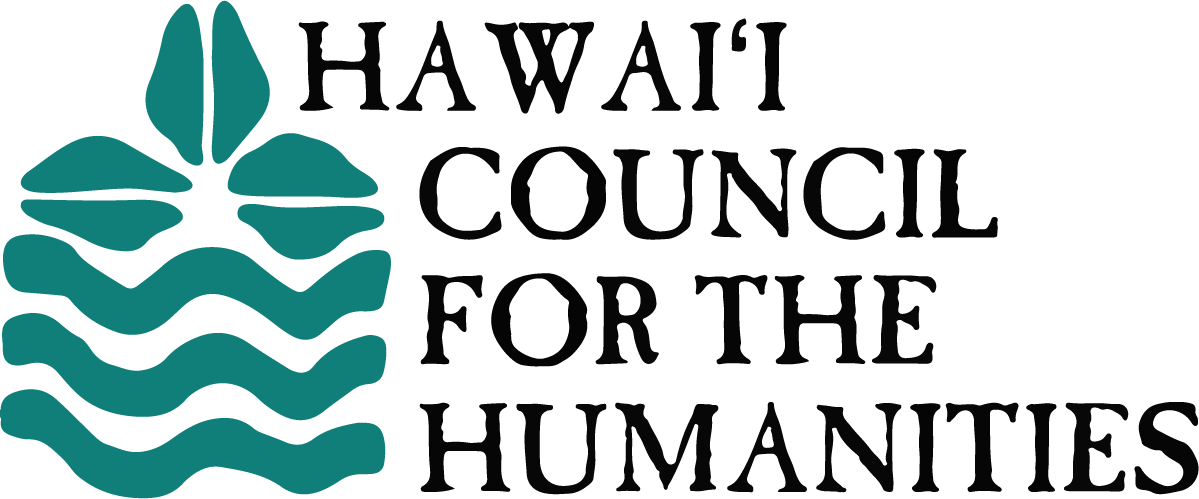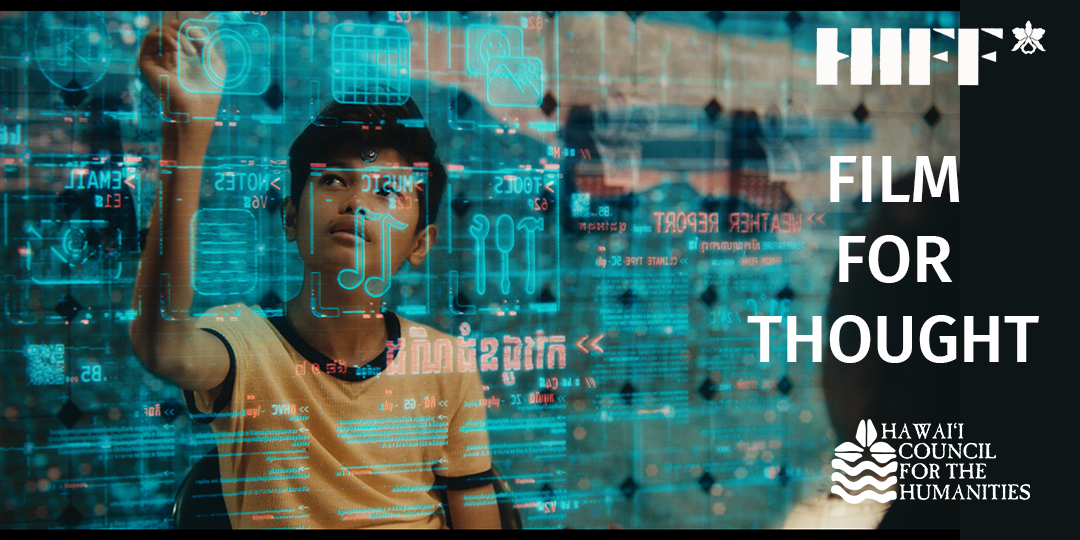Our very best stories tell us something about ourselves. What do we do when we find things we don’t like? What happens when we look inside ourselves and our society and find the pieces that are selfish, arrogant, cruel, violent? I have long loved science fiction for its ability to open us to new worlds that then give us a chance to explore a different perspective on our own world. Good dystopic fiction extrapolates from the now and takes us to the worst possibilities, while nudging us to consider, how can we make sure this is not a premonition of things to come for the world we actually live in? The five films in our 2021 HIFF x HIHumanities Film for Thought program offer windows into recovering, rebuilding, and reimagining across time and space. Two of them are science fiction and three are documentaries, and all push us to think more deeply and compassionately. They each understand that a better possible future must first be imagined before it can be realized, and they acknowledge that coming to terms with our history, particularly the silenced and troubling parts, is a necessary part of that imagining.
One of the critical things that’s happened recently in science fiction is the explosion of Black, Brown and Indigenous creators, who are writing, directing, acting in stories steeped in their own perspectives and experiences. The worlds built in this imaginarium are fierce, and often so devastating in their beauty they can haunt you for years. At their core, so many of these stories are saying, We are still here. And there is a loving affirmation in looking at a world, even an imagined one, that believes Black, Brown, and Indigenous people (and their cultures) will still be here hundreds of years into our future, because so much of our past and present has obliterated those lives and stories deemed inferior, dangerous, or inconvenient to the canonical view of history.
We are still here.
In a hundred years, we will still be here.
In five hundred years, we will still be here, because this is the work these stories begins.
What happens when we dare to imagine our own selves flourishing in a tomorrow that embraces us—all of us?
Mahalo to our five Film for Thought writers Caryn Lesuma, Vernadette Gonzalez, Jaimey Hamilton Faris, Ida Yoshinaga, and Bryan Kamaoli Kuwada. Their thoughtful pieces open up avenues towards a future that does not flinch from peace and connection. We welcome you to read their reflections, we enjoyed having you at 2021’s free Film for Thought discussion events, and if you haven’t already, we invite you to watch these films and talk about them in community.
We hope you will talk story and dare to dream.
Lyz Soto
Communications Officer and Poet for Hawai‘i Council for the Humanities

